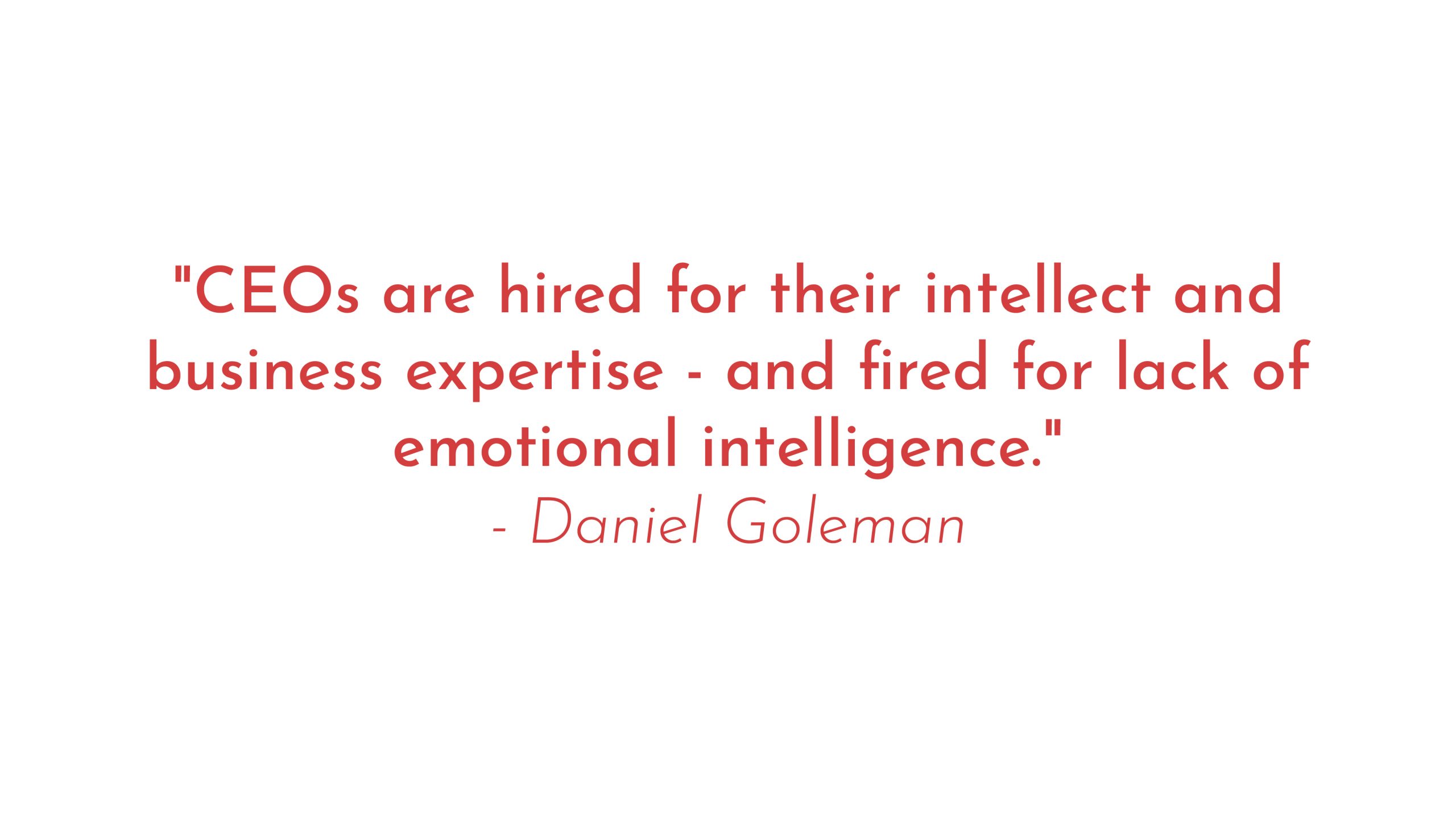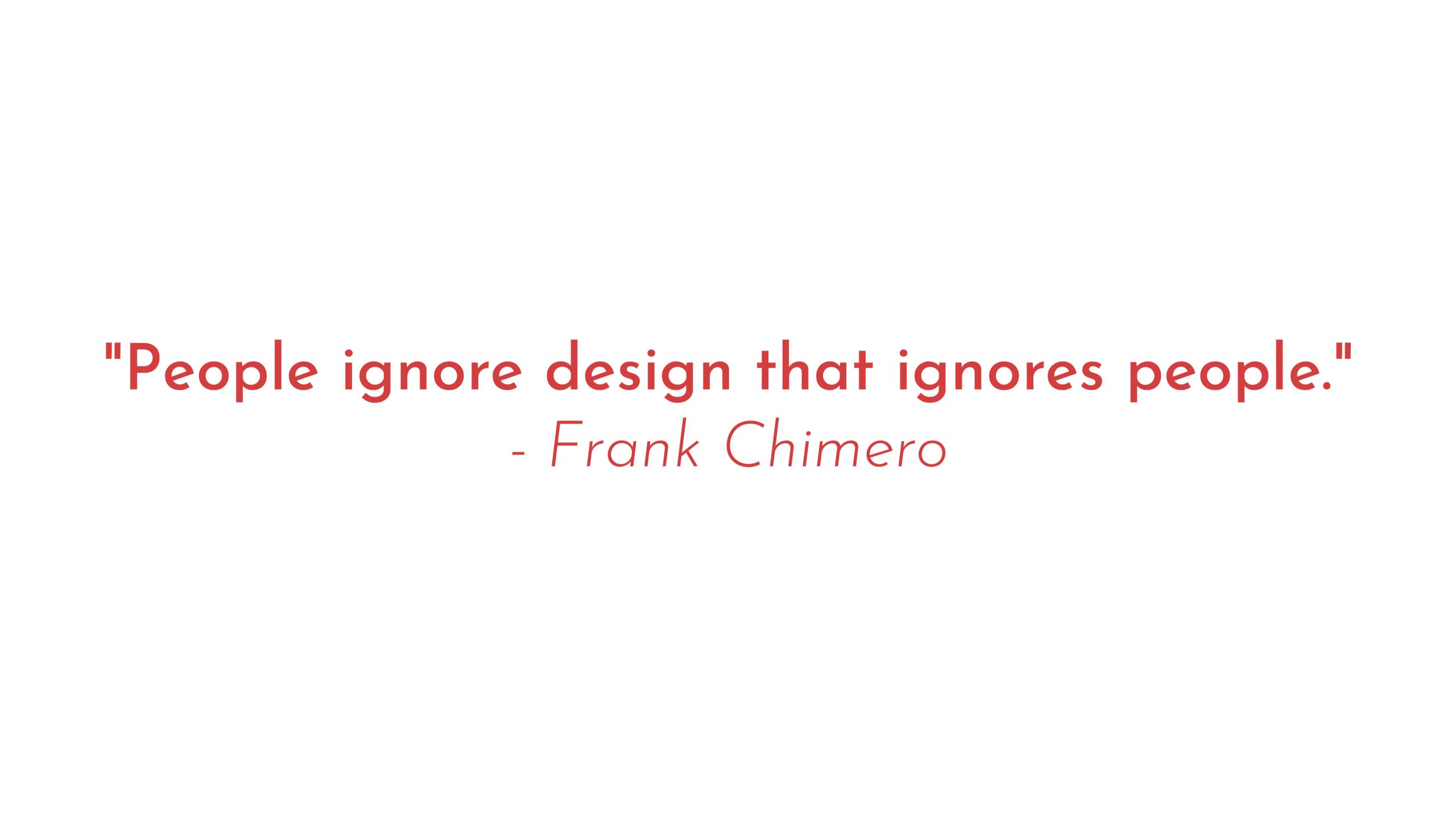There is one famous saying: emotions and business do not mix.
Emotions are “forbidden” in the business world because they trick us into making decisions based on our feelings instead of what we know. One of the articles that inspired me for this blog points out that “we’re conditioned to believe they [feelings] are less legitimate than thoughts.”
Why is that so? Because emotions are more powerful than thoughts. The more intense the emotions, the more the judgment may be clouded. In business, balancing emotions and logic is necessary. If emotions prevail, it may lead to irrational decisions.

Can we completely ditch emotions in the work environment? The rational answer to this question is simple. Excessive displays of emotions such as hate, anger, disappointment are not welcomed in the work environment. Deep and mostly negative emotions hiding behind passive-aggressive behavior are also common in the workplace. Equally, the lack of emotions negatively affects the work environment.
Emotions should be accepted and managed by developing deep empathy and understanding. Developing emotional intelligence is crucial for managing feelings and building successful business and personal relationships.
What is emotional intelligence?
Emotional intelligence (EQ) is a critical leadership skill during times of crisis. COVID-19 crisis has reinforced the importance of emotional intelligence. Emotional intelligence is the ability to understand, use and manage one’s emotions in positive ways.
Individuals with higher EQ communicate better, are better team players, and motivate colleagues and employees. As renowned psychologist and economics author Goleman beautifully summed up in his best-selling book Emotional Intelligence: Why it can matter more than EQ,
EQ consists of five elements:
– self-awareness,
– self- regulation,
– internal motivation,
– empathy,
– social skills.
Look at the world’s most outstanding leaders, they all have a well-balanced array of specific elements and EQ capabilities.
Is EQ more important than IQ in 2021?
Emotional intelligence is the future most valued skill. We believe that high EQ is the most significant single predictor of success in the workplace.
In the pre-pandemic world, leadership was transactional and transformational. Traditional CEOs provided tools and incentives for growth. In the post-pandemic world, traditional CEOs will need more emotional intelligence to motivate their teams, nurture them, and build trust.
Understanding one’s own emotions and the emotions of others is the ultimate skill one can develop. Accepting only the rational part of our beings would be somewhat incorrect and unfair- because emotions drive human actions. Normalizing emotions and accepting feelings is the first step towards building emotional intelligence.
Another article that inspired me says that “emotional intelligence [EQ] is often underestimated in determining the success of a small business.”

Empathy has an essential role in emotional intelligence. Emotional intelligence is focused on our own feelings. Empathy is the ability to tune in to other people and ‘feel what they are feeling.’
By experiencing their feelings and connecting to the people, we develop understanding. For example, a successful manager can easily recognize the feelings of the employees and act accordingly. In addition, empathy builds trust, which is why teams that empathize create trustworthy (safe) work environments.
How to build empathy in business with Design Thinking?
Design Thinking focuses on empathy because empathy is crucial to business success.
This approach, used primarily in product design, is infusing corporate culture. Empathy is at the crux of Design Thinking. Therefore, it can redefine the organizational culture. Design Thinking is a form of organizational culture that represents a set of behaviors, values, and rituals that define how members of an organization do things.
Design Thinking offers proven methods for building empathy among the employees and empathizing with the customers. Building empathy is necessary for finding out what people need and feel. As a business owner, you are aware that your clients and customers are drawn to your products and services because of the emotions they feel in the interaction with them. When people feel frustrated about something they consider to be a problem, they seek for solution.
Venmo and Spotify are just a few examples. The founders of Venmo, a mobile phone app for funds transfer, were caught up in a frustrating situation. One of them forgot his wallet, and there was no other way to exchange money except to write a check. The biggest audio streaming service provider Spotify offers a flawless experience that ends the desperation of millions of music-addicted users.
The one thing we can learn from the Design Thinking approach is that “we solve people’s problems by offering them a product or a service as a solution.” If a particular product or service is the solution to their problem, they feel relieved. Gen Z’s and Millennials especially gravitate towards trustworthy brands that offer them personalized approaches and experiences. By triggering their emotions, anyone can go “from-zero-to-hero.”

Companies that implement Design Thinking are building healthier organizations based on empathy, trust, and understanding. Exercising empathy should be imperative for every business.
At Solveo, we take this approach seriously. In the words of our employees, we are promoting new approaches and methods without imposing fear of failure. Design thinking is all about testing and iterating, encouraging our team to think ‘out of the box. The employees are actively involved in decision-making.
Teamwork is crucial and the contribution of each team member is highly appreciated.
From our experience in building motivated teams, here are some of the ways how your company can introduce an ’empathic approach:
– Talk often about empathy with your team
– Exercise active listening by giving full attention
– Adopt a ‘no judging’ policy where each opinion matters
– Cultivate compassion.
One of the biggest retail companies in our country hired us to increase the motivation and empathy of the employees. In retail services, the staff is crucial for the customer’s experience. Therefore, the team should be motivated and enthusiastic. Furthermore, the employees should be willing to understand the customers and solve challenging situations with different approaches.
To achieve that, we performed in-house training and workshops. Using Design Thinking, we empathized with the employees and found out their most stressful situations at the workplace. As a result, they realized that solving problems is easy if they approach stressful situations differently.
Consequently, the company found the answers for the current challenging situations and continued implementing the Design Thinking approach in every aspect of their work.
While working with clients from various industries, we discovered that accepting and managing emotions in business is crucial. In times of crisis, employees are the biggest asset. Their emotional stability is of tremendous significance for overcoming the turbulent times. On the other hand, emotional understanding and empathy are necessary for reaching current and potential customers. We found that Design Thinking is the most efficient approach for building employees’ emotional intelligence and increasing user empathy.

